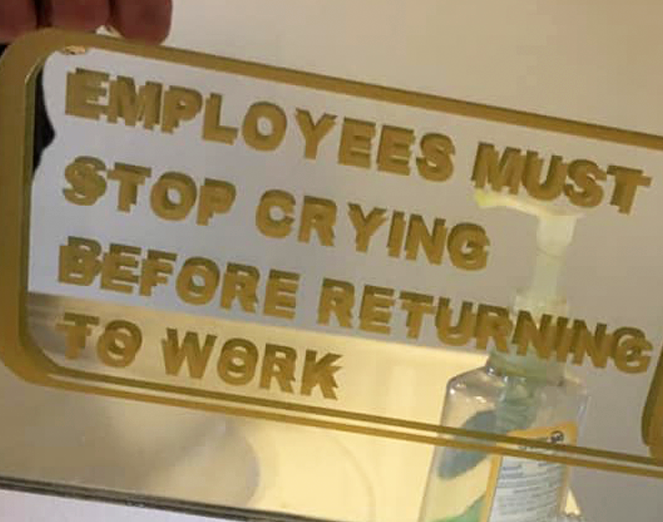I followed a TikTok creator for a few years. The persona was simple: everyday ham radio hobbyist, sharing casual commentary. Authentic, relatable, low-stakes.
Then the tone shifted. One video was quite dystopian and she suddenly called for “bringing in the national guard.” The delivery was passionate, but it felt out of character. That raised my suspicion.
A quick search confirmed it:
- IMDB page with acting and screenwriting credits.
- LinkedIn listing actor/screenwriter.
- Personal website advertising acting services and agency representation.
None of this background is mentioned on TikTok. The image presented is “just a regular person.” When I left a polite comment pointing this out, it was first met with polite debate, then deleted. A follow-up comment got me blocked.
Why I think this matters:
- People build trust with influencers who seem authentic.
- Undisclosed professional backgrounds change how we interpret their message.
- Deleting comments that question authenticity suggests image control (so much for free speech!)
This isn’t about one creator. It’s about how propaganda works. Influencers can pose as everyday citizens to build trust, then steer conversations in political directions.
My takeaway from this is to not take online personas at face value - get in the habit of doing your due diligence, check backgrounds. Treat influencer content with the same scrutiny as political advertising.


Paid influencers may seem like a new phenomenon, but they go back to at least Edward Bernays. A current example I’m exposed to is a lady that ran for Lt. Governor in my state some decades back. Attractive, allegedly non-partisan, supposedly independent. She now shills for whoever will pay her -now the current administration. Though I’ve watched her allegiances change like the wind. Her output now is so venomous and obviously propaganda, I only keep her in my feed because she gets the new talking points before almost anyone else. It’s instructive to watch.